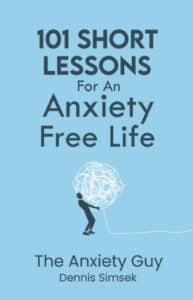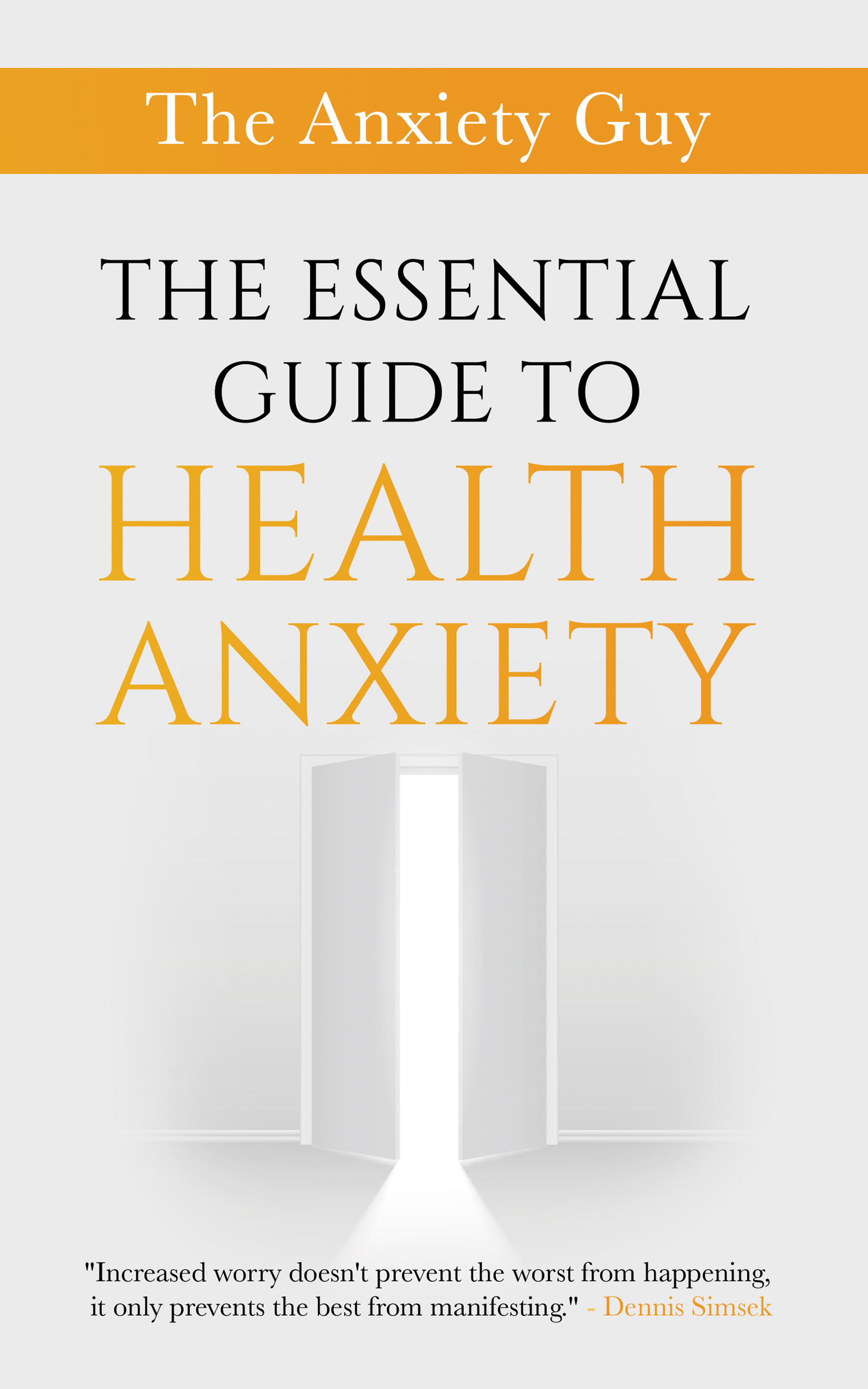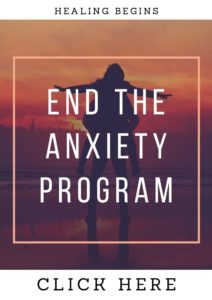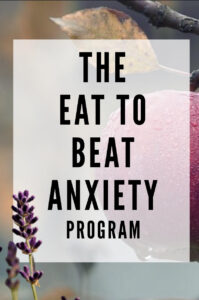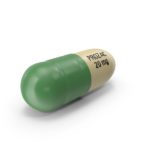“It’s Not A Diet, It’s Called Eating Healthy.”
The relationship between mental health and nutrition is being researched by scientists only over the past decade or so. There are no direct links between diet and anxiety, but diet may contribute to the occurrence of anxiety as well its severity levels.
Different studies about the influence of diet on anxiety
In 2009, the University of Texas’ Biochemical Institute located at Austin conducted an analysis and produced evidence of the fact that the mineral content in the vegetables and fruits has been decreasing over the past 60 to 70 years. This decline may be attributed to contemporary agricultural practices.
Different minerals and nutrients previously present in veggies and fruits contributed to better brain health
The Journal of Physiological Anthropology published a paper by Australian scientists in 2014. It reported that the shift from a diet of whole foods like nutrient abundant fruits, veggies, and whole grains, etc., consumed by our grandparents to a nutrient-poor daily diet full of high calories and processed foods is linked to the rise in cases of anxiety, depression, and other mental conditions.
Even teenagers and children may suffer from mental health problems due to bad diets. Experts at the Innovation in Physical and Mental Health and Clinical Treatment Strategic Research Centre located at Deakin University’s School of Medicine in Australia had conducted 7 studies.
It was reviewed in 2016 and subsequent findings showed a steady trend between low rates of anxiety, depression, emotional issues, and sad moods in youth, and increased consumption of nutrient rich foods that included salads, veggies, fish, and fruits. The review also showed a consistent relationship between poor mental health in teens and an unhealthy diet of increased amounts of sugar, saturated fat, processed foods, and refined starches.
The affects of diet on the brain and mental health
It has been postulated that diet has direct effects on several biological pathways associated with mental health conditions.
Nutrients in veggies, fruits, nuts, whole grains, and oily fish have anti-inflammatory properties which may affect sections of brain chemicals which are responsible for management of cognition and emotions.
As one study shows by researchers at Centre for Addiction and Mental Health in Toronto that was published in 2017 in JAMA psychiatry, inflammation of the brain in individuals with clinical depression was measured to be higher by 30%.
Varied compounds in natural plants, vitamins E and C, antioxidants, and beta-carotene contributed towards a decrease in oxidative stress or damage by free radicals to brain cells, thereby affecting mental health. A 2009 study by University of British Columbia researchers showed increased oxidative stress in schizophrenic and bipolar disorder patients. Another Japanese study done in 2004 found a link between anxiety and depression in women, and increased free radical damage.
Fish oil has Omega-3 fatty acids which help bind brain cell membranes and facilitate better communication
Serotonin helps regulate moods. B6, B12 vitamins and folate help the process of serotonin production and may guard brain function via reduction in homocysteine amino acid levels.
Prebiotic foods such as artichokes, whole grains, bananas, asparagus, garlic, chicory root, onions, and yogurt may be associated with good mental health as serotonin gets synthesized by good bacteria in the gut.
Nutrient rich whole foods increase a protein called BDNF (brain-derived neurotrophic factor) which enhances attention, mood, and growth of brain cells and decreases inflammation of the brain. Diets with high saturated animal fat lowers BDNF.
Conclusion
Avoid unhealthy foods, processed foods, refined sugars, fried foods, caffeine, alcohol, etc., and go for a diet consisting of fresh vegetables, fruits, and foods rich in tryptophan, omega-3 fatty acids, and magnesium, for better mental health and reduced anxiety. Also, keep the body hydrated by drinking lots of water, engage in regular physical activities or exercises, and practice relaxation techniques such as meditation, and yoga.
The #1 CBT Based Program For Anxiety Will Turn Your Fear Into Freedom Starting Today.


